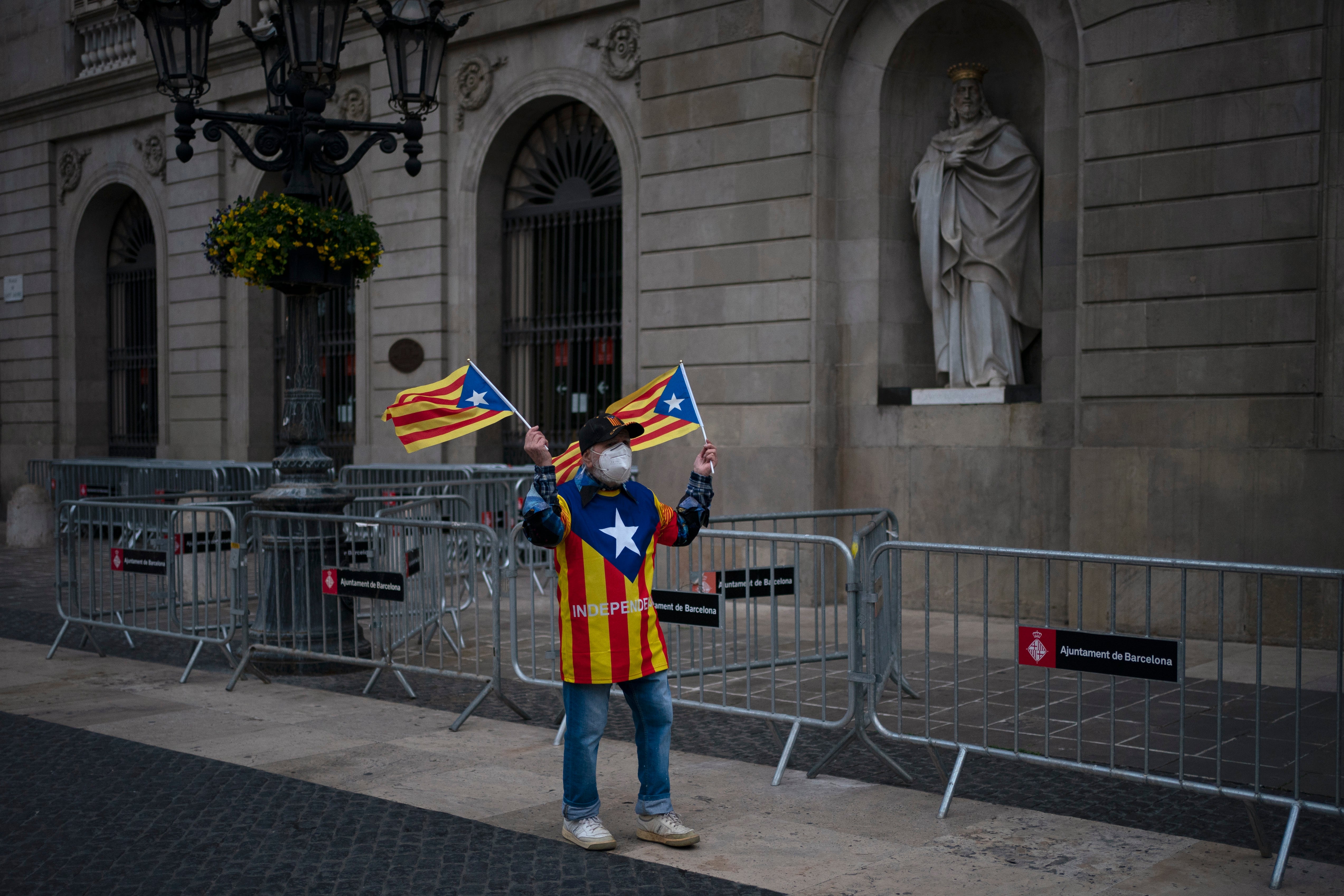Catalan separatists show resilience despite setbacks
The separatist movement in Spain’s northeast Catalonia has increased its power in regional elections on the weekend despite years of frustrated ambitions to create a new Mediterranean nation

The separatist movement in Spain’s northeast Catalonia has shown resilience, increasing its power in a regional election on the weekend despite years of frustrated ambitions to create a new Mediterranean nation.
On the back of a record low turnout in Sunday's vote, the three main parties who want to create a Catalan state expanded their majority in the regional parliament based in Barcelona to 74 seats of the 135-seat chamber, up from 70 in 2017.
The strong result for the separatists comes after their 2017 bid for a breakaway ended with several of its leaders in jail, others fleeing abroad from Spanish justice, and the entrenchment of roughly half of Catalonia that strongly supports staying in Spain.
Virus fears kept many voters at home, especially in urban areas that trend toward voting for pro-union parties.
The impact of the election was felt in Madrid. While the Socialists of Prime Minister Pedro Sánchez got a boost after they won the elections with the most votes, the parties on the right of Spain’s political spectrum were shaken.
The far-right Vox party with its unabashed hardline stance against Catalan secession and illegal immigration, confirmed its ascendancy by entering the Catalan parliament with an impressive 11 seats.
The liberal Citizens collapsed from 36 to just 6 seats, putting its future as a party in doubt.
The traditional conservatives, the Popular Party, also slid down to just three seats despite the campaign efforts of opposition leader Pablo Casado.